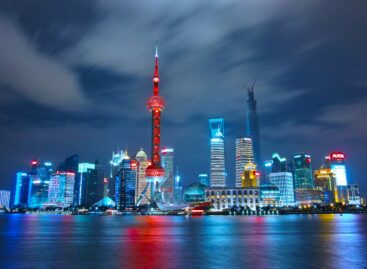The EU has signed a free trade agreement with New Zealand
The European Union and New Zealand signed a free trade agreement, as a result of which bilateral trade is expected to increase by up to 30 percent within a decade, and the EU’s annual exports by up to 4.5 billion euros, the European Commission announced on Sunday.
According to the statement from Brussels, thanks to the agreement, EU investments in New Zealand can increase by up to 80 percent, while customs duties for EU companies will be reduced by around 140 million euros per year.
Among other things, the EU-New Zealand Free Trade Agreement will eliminate all tariffs on EU exports to New Zealand. It opens up key sectors of the New Zealand services market to EU businesses, including financial services, telecommunications, maritime transport and delivery services.
The agreement provides non-discriminatory treatment for EU investors in New Zealand and vice versa. It improves access for EU businesses to New Zealand public procurement contracts for goods, services, works and construction concessions, facilitates the flow of data, creates predictable and transparent rules for digital commerce and provides a safe online environment for consumers. It also reduces a significant portion of compliance requirements and procedures to allow goods to flow more quickly.
Related news
Fidelity: What awaits China in the Year of the Horse?
🎧 Hallgasd a cikket: Lejátszás Szünet Folytatás Leállítás Nyelv: Auto…
Read more >Stagflation and structural erosion in transportation: the profit recession of the Hungarian SME transportation sector has been going on for nine quarters
🎧 Hallgasd a cikket: Lejátszás Szünet Folytatás Leállítás Nyelv: Auto…
Read more >Related news
Greenland is not a periphery or a war zone, but a litmus test of global stability
🎧 Hallgasd a cikket: Lejátszás Szünet Folytatás Leállítás Nyelv: Auto…
Read more >Nestlé to sell remaining ice-cream assets but commits to Froneri venture
🎧 Hallgasd a cikket: Lejátszás Szünet Folytatás Leállítás Nyelv: Auto…
Read more >








